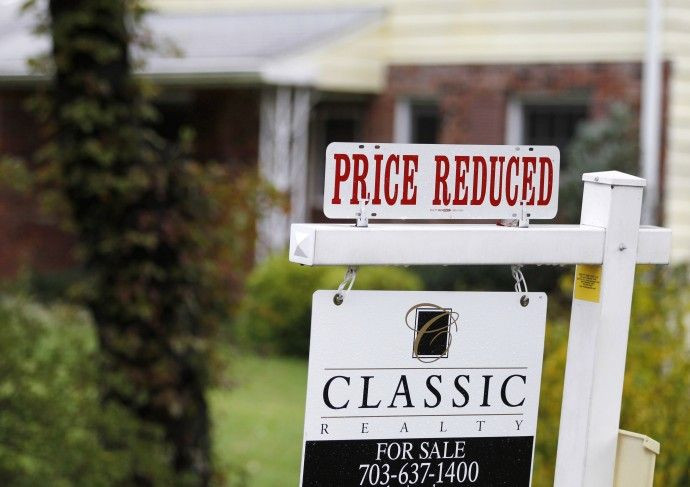Housing at significant risk for double-dip: economist

Ahead of tomorrow’s S&P/Case-Shiller home price index data, at least one prominent economist is warning that the housing market could suffer a double-dip next year, in stark contrast to bullish expectations for the overall economy in 2011.
David Rosenberg, chief economist at Gluskin Sheff, said that investors are not being realistic about the likelihood of a major price declines next year.
In a recent research note, Rosenberg, who correctly predicted the housing collapse of 2007-2008, wrote that “the potential for a significant down-leg in home prices is being underestimated. The unsold existing inventory is still 80 percent above the historic norm at 3.7-million.”
Speaking on CNBC television, Rosenberg stated that with all the focus on tax cut extension and government stimuli, investors seem to have forgotten how fragile the U.S. housing market remains and what a risk that poses both to the economy and stock market.
Noting that the Case-Shiller index has already declined months in a row, Rosenberg indicated that the attempts by the government to alleviate the housing malaise – i.e, through a foreclosure moratorium and home tax credits – have only temporarily distorted the incoming data.
“[They] didn’t really detract from the fact that the outstanding inventory in the resale market is 80 percent higher than what we had in the pre-bubble norm,” he said.
The prices of homes, like any other asset, commodity or security, he added, are dictated by the laws of supply and demand.
“Here we are … three to four years after the initial detonation and we’re still left with this gargantuan inventory and that’s going to put an ongoing downward pressure on residential real estate prices,” he stated.
Even worse, he noted, despite the sharp declines in mortgage rates, home sales and demand remain tepid.
“We have excess supply, home prices can go down even more dramatically,” he said.
Housing is the quintessential leading indicator of economic activity, Rosenberg asserted
“As long as housing is in the doldrums and home prices keep going down and putting people in negative net equity position, the government will have to find… creative ways to keep the [economic expansion] going,” he added.
Indeed, he noted, many investors don’t seem to realize that the U.S. economy and markets are still operating on “steroids” (namely, government stimulus and quantitative easing).
In addition, continued declines in housing will cut into consumer spending and confidence, thereby raising significant risks for the stock market.
“Housing is more important to [the] household balance sheet than the stock market is,” he added.
© Copyright IBTimes 2024. All rights reserved.





















